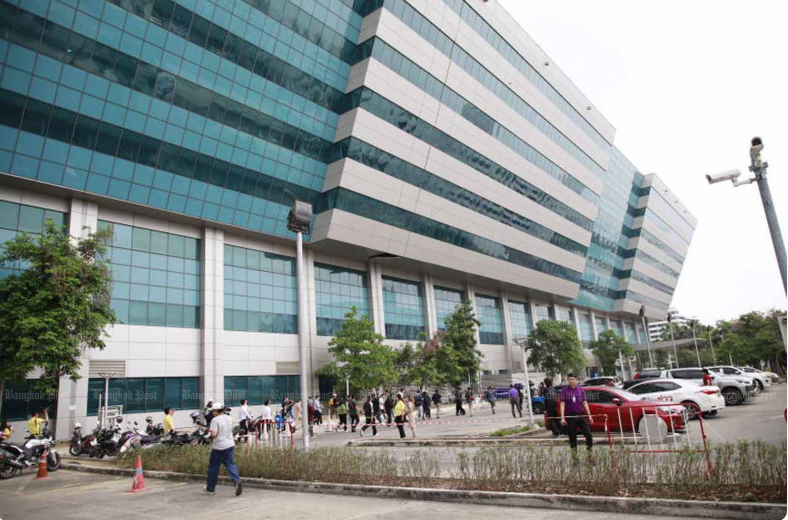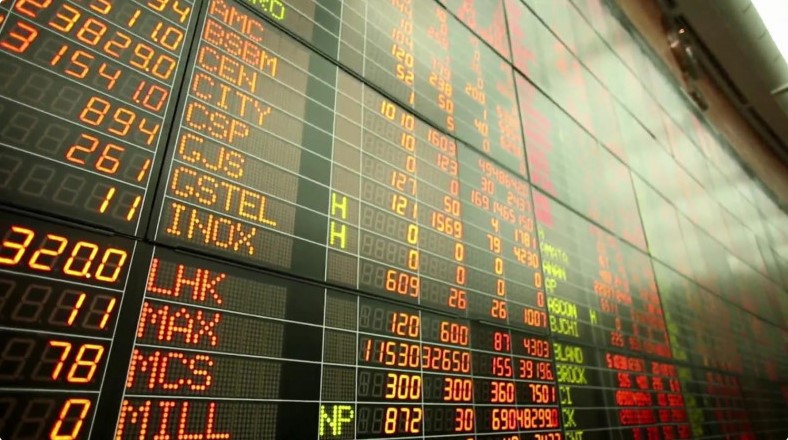Thai stocks offer mid- to long-term value
Thai stocks still face selling pressure amid stalled economic growth, listed company earnings that have generally disappointed, increasing domestic political tensions and US import tariffs, according to Tisco Securities.
However, the brokerage said Thai stock prices are looking attractive for medium to long-term investment.
Thailand’s economy might be hard-pressed to meet 3 per cent growth this year, said Apichart Phubancherdkul, head of strategy research at Tisco Securities, partly due to weakening domestic consumption and continued contraction in the manufacturing sector driven by increasing competition from cheaper imported items.
Thailand is at increasing risk of potential tariff escalations in the US, as President Donald Trump has suggested that he will require all trading partners to adapt tariffs across the board to the levels that they apply to its imports.
Thailand has an average tariff of about 6% on US goods, and the US has a rate of less than 1% on Thai products, according to Tisco.
Thailand’s trade surplus with the US in 2023 was US$40 billion, the 11th largest of the US’s trading partners with (belatedly) published trade figures, and with a US$20-billion surplus in the first six months of 2024, the US has a significant counterbalance of trade with Thailand. Ranked the second-most vulnerable nation in Asia after India, it exposes Thailand to the high risk of retaliatory tariffs.
Thai-US trade negotiations will be critical to follow in the next few months, and investors should watch carefully as well, said Mr Apichart.
The other negative is that earnings of listed firms in Thailand fell short in the last quarter of 2023. According to Tisco, 47% of listed companies underperform the market expectations, while 23% matched the market expectations and 30% exceeded market expectations.
That has resulted in a further downward adjustment of Stock Exchange of Thailand (SET) index earnings estimates. Since the start of the year, Thai stocks’ earnings per share have fallen 2.4%, extending last year’s decline.
Domestic political tensions are also expected to rise throughout this month as constitutional amendments and the change no-confidence motion awaiting to be tabled against the government proceeds.
Tisco believes that medium- to long-term investors may see attractive opportunities in fundamental stocks with price below fair-value, despite the market downturn. In particular, blue-chip stocks in various sectors stand to gain from the shift from long-term equity funds to Thai ESG funds.
Tisco also has stock picks on Bangkok Dusit Medical Services (BDMS), Home Product Center (HMPRO), Minor International (MINT), Krung Thai Bank (KTB), PTT, Amata Corporation (AMATA) and Supalai (SPALI).
The securities firm also broadened investment choices for investors that wanted to invest in foreign stocks through depository receipts (DRs) and fractional depository receipts (DRx). The company considers recent parliamentary sessions in China a pivotal turning point toward also promoting domestic consumption and embarking on investment in particular, as well as improving chip development.
Tisco sees a critical support level for the SET index at 1,150 points, with resistance at 1,250 for March, according to Mr Apichart.










